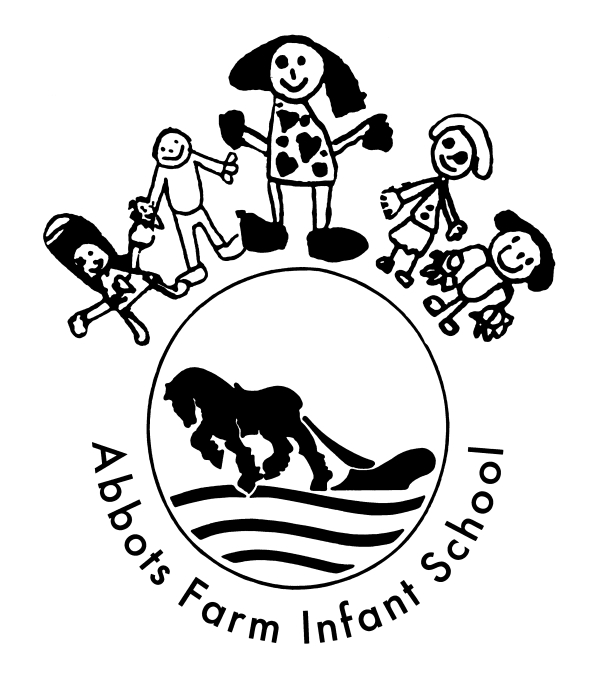Science
Curriculum
A high-quality science education provides the foundations for understanding the world. We encourage children to be inquisitive about the world around them through investigation and exploration. All children will be taught scientific knowledge and skills. Consequently, pupils will be encouraged to apply the skills of observing, planning and investigating in order to answer a scientific question and be young ‘Scientists’ in action.
The aims of our Science curriculum are to develop children who:
- develop scientific knowledge and conceptual understanding through the specific disciplines of biology, chemistry and physics
- develop understanding of the nature, processes and methods of science through different types of science enquiries that help them to answer scientific questions about the world around them
- are equipped with the scientific knowledge required to understand the uses and implications of science, today and for the future
Teaching
At Abbots Farm Infant School, we aim to provide children with an enriching, diverse and creative curriculum that balances all the aspects of Science.
In the Early Years the approach is through cross-curricular learning with an emphasis on hands on experiences and is assessed through the Understanding the World, Early Learning Goal. Teaching is through context-based and role play experiences using many resources that are specific to various areas of Science. Resources such as books, tools for recording, iPads and key questions are also accessible to encourage scientific enquiry.
In KS1 we learn about the key knowledge and concepts through a combination of whole class taught inputs and learning that the children can access in the enquiry areas and throughout continuous provision. In the enquiry areas, there would be a range of activities that would enhance and embed scientific skills or knowledge taught and the opportunity to ask questions. The scientific topics that are covered in KS1 are; Animals including Humans, Living Things and their Habitat, Plants, Seasonal Changes, Everyday Materials and Uses of Everyday Materials. These topics are covered in Year 1 including key learning objectives and then covered again in Year 2 with further key learning objectives that build on previous learning taught in Year 1. This ensures progress within Key Stage 1 in all areas of science and revisits key knowledge and understanding.
However, underpinning these topics, is the aspect of ‘scientific enquiry’ which enables pupils to explore scientific methods and skills linked to a specific element of the content.
We have a wide range of resources to support our Science curriculum from specific tools such as magnifying glasses and thermometers to gardening equipment. We aim to provide cross-curricular links within our teaching of Science where appropriate such as writing predictions and conclusions to investigations and creating graphs or charts to records results.
Each year we promote and celebrate science through enrichment activities and experiences that motivate and excite children. The use of correct vocabulary is vitally important in the teaching of Science; therefore, we have a list of Scientific vocabulary that is specific to each year group that builds on previous learning. We support children with SEND using adults especially with the use of scientific vocabulary. We also challenge children by following their own interests in relation to Science, at times where appropriate.
Achievement
Our Science Curriculum is progressive and builds on and embeds key skills. We focus on progression of knowledge and skills and also on vocabulary which also form part of the units of work.
We measure the impact of our curriculum through the following methods:
- Discussions with children about their learning (pupil voice).
- Coaching opportunities that focus on children’s work, photo evidence, practical learning, planning and learning walks which continuously improve our teaching of the science curriculum and provide opportunities for professional dialogue between teachers and science lead which is reflective.
- Progress is measured through regular teacher assessments. These take place at the end of each unit of work taught and judgements are made against the planned objectives. The judgements are used to ensure consistency of assessment across all year groups. This allows for data analysis to identify any gaps of knowledge or skills. This can then be identified for teacher’s future planning.
